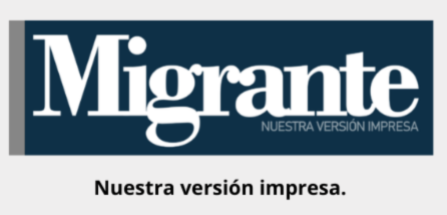From the community of Cherán Atzicuirín in Paracho, Michoacán, President Claudia Sheinbaum Pardo officially launched the Justice Plan for the P’urhépecha People—an integral strategy that includes actions in health, education, housing, culture, infrastructure, environment, and public safety. As part of the initiative, she also inaugurated the National Program of Efficient Wood-Burning Stoves for Wellbeing, with an initial investment of 100 million pesos to distribute 16,500 units across 146 communities.
During the ceremony, Sheinbaum emphasized that this plan addresses a historic debt with the P’urhépecha people and is being developed in coordination with the communities themselves. “The Justice Plan means returning what was taken for years. It is social justice, environmental justice, and respect for cultural identity,” she stated. She recalled her personal connection with Cherán Atzicuirín dating back over 40 years, when she worked on the implementation of wood-burning stoves as part of her university thesis.
The program will be coordinated by community authorities and the Government of Mexico through the National Institute of Indigenous Peoples (INPI), with support from various federal agencies. Key components include revitalizing the P’urhépecha language, promoting Paracho guitars, strengthening traditional medicine, and reinforcing indigenous autonomy. The strategy is part of the General Commission Lázaro Cárdenas del Río, which will support regions in Michoacán, Guerrero, Oaxaca, Puebla, and the State of Mexico.
During the event, the president received the ceremonial staff from women of the community, reaffirming her commitment to the country’s Indigenous peoples. “I would not be who I am without the P’urhépecha people. Thank you for welcoming me 42 years ago, during the campaign, and now as president,” she expressed emotionally. The event was attended by community leaders, federal and state officials, and representatives from the environmental and energy sectors.
Governor Alfredo Ramírez Bedolla described the Efficient Stove Program as a public policy with a profound social and environmental impact. Secretary of Welfare Ariadna Montiel Reyes announced that all P’urhépecha communities will be included in the FAISPIAM registry. Meanwhile, INPI Director Adelfo Regino Montes noted that the plan will benefit 146 communities across 23 municipalities and is structured around four pillars: territory and environment; indigenous autonomy; language and culture; and comprehensive wellbeing.

